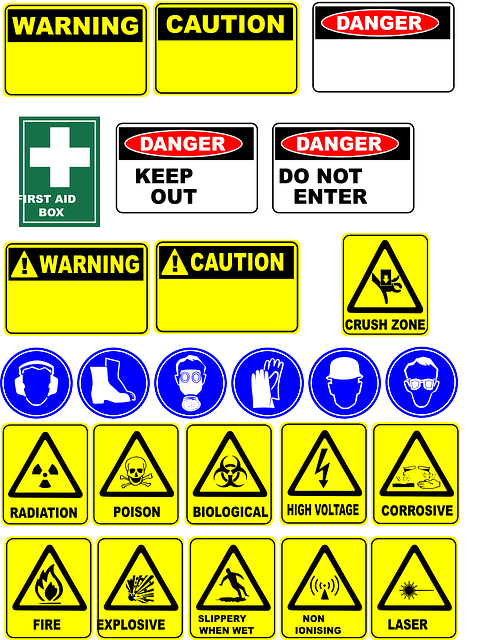The hospitality industry's vibrant atmosphere makes it vulnerable to security risks like theft and terrorism. Despite robust measures, human error can compromise safety. Comprehensive background checks for employees are crucial in mitigating these vulnerabilities by identifying red flags. These checks create a safer environment, enhance guest experience, protect businesses, ensure customer safety, maintain service quality, foster trust, and reinforce hospitality values among staff. Implementing robust background check procedures contributes to a safer working environment and strengthens business reputation in the competitive market. Comprehensive screening starts with detailed applications, followed by third-party verification of employment, references, and criminal records. Enhanced screening for sensitive roles may include drug testing and credit checks.
In the dynamic hospitality industry, where guest safety is paramount, understanding and mitigating security risks are non-negotiable. This article explores the critical role of background checks as a robust defense against potential threats within the sector. From identifying vulnerabilities unique to hotels, resorts, and restaurants, we delve into the comprehensive employee screening process, providing a step-by-step guide to help businesses ensure a safer environment for both staff and guests alike. “Background Checks in Hospitality” is an essential read for anyone prioritizing security in this inviting industry.
- Understanding Hospitality Industry Vulnerabilities
- The Role of Background Checks in Risk Mitigation
- Comprehensive Employee Screening: A Step-by-Step Guide
Understanding Hospitality Industry Vulnerabilities

The hospitality industry, known for its vibrant and bustling atmosphere, faces unique security challenges. Hotels, restaurants, and events are often frequented by diverse patrons, making them potential targets for security risks. From theft and vandalism to more serious incidents like robbery or terrorism, these establishments require robust measures to protect both their assets and guests. Despite the industry’s best efforts, human error or intentional misconduct can compromise security, highlighting the need for comprehensive employee screening.
Background checks in hospitality play a pivotal role in mitigating these vulnerabilities. Thorough employee screening processes help identify individuals with potential red flags, such as criminal histories or untruthful employment applications. By implementing robust background checks, hospitality businesses can safeguard their operations, ensuring that employees are trustworthy and reliable. This proactive approach to hospitality employee screening fosters a safer environment for both staff and guests, ultimately enhancing the overall guest experience.
The Role of Background Checks in Risk Mitigation

Background checks play a pivotal role in risk mitigation within the hospitality industry by ensuring that only trustworthy individuals are granted access to sensitive areas and customer interactions. These thorough screenings act as a crucial defense mechanism against potential security threats, such as theft, fraud, or even violent behavior. By verifying an applicant’s identity, criminal history, and past employment, background checks help hotels, restaurants, and other hospitality venues identify red flags that may indicate unsuitability for certain roles.
In the fast-paced and customer-centric environment of hospitality, employee screening is more than just a formality; it’s a strategic investment in safety and service quality. Implementing robust background check procedures allows businesses to create a safer working environment, protect their customers, and maintain their reputation. Moreover, these checks contribute to fostering a culture of trust and accountability among staff members, reinforcing the core values of hospitality.
Comprehensive Employee Screening: A Step-by-Step Guide

In the hospitality industry, where first impressions matter and guest safety is paramount, comprehensive employee screening is an indispensable step. The process begins with gathering detailed application forms, which should include information about previous work experience, education, certifications relevant to the role (e.g., food handling, first aid), and any legal issues or convictions. This initial phase sets the foundation for further investigation.
Next, conduct thorough background checks using reliable, third-party services. Verify employment history, check references, and screen for criminal records. For positions dealing with sensitive guest information or physical security, enhanced screening might be required, including drug testing and credit checks. By following these steps, hospitality businesses can ensure they employ trustworthy individuals who align with their values and contribute to a secure environment for both staff and guests.






